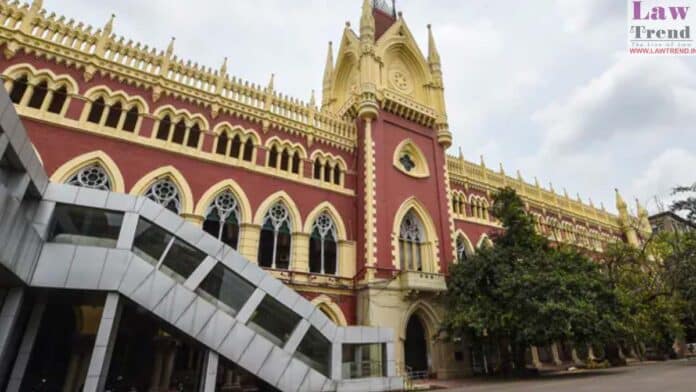The Calcutta High Court, in a significant judgment on September 2, 2025, ruled that a government-aided autonomous college cannot lawfully refuse to appoint a candidate recommended by the West Bengal College Service Commission solely on the grounds that the candidate’s personal views, expressed on social media, are antithetical to the institution’s philosophy. Justice Partha Sarathi




